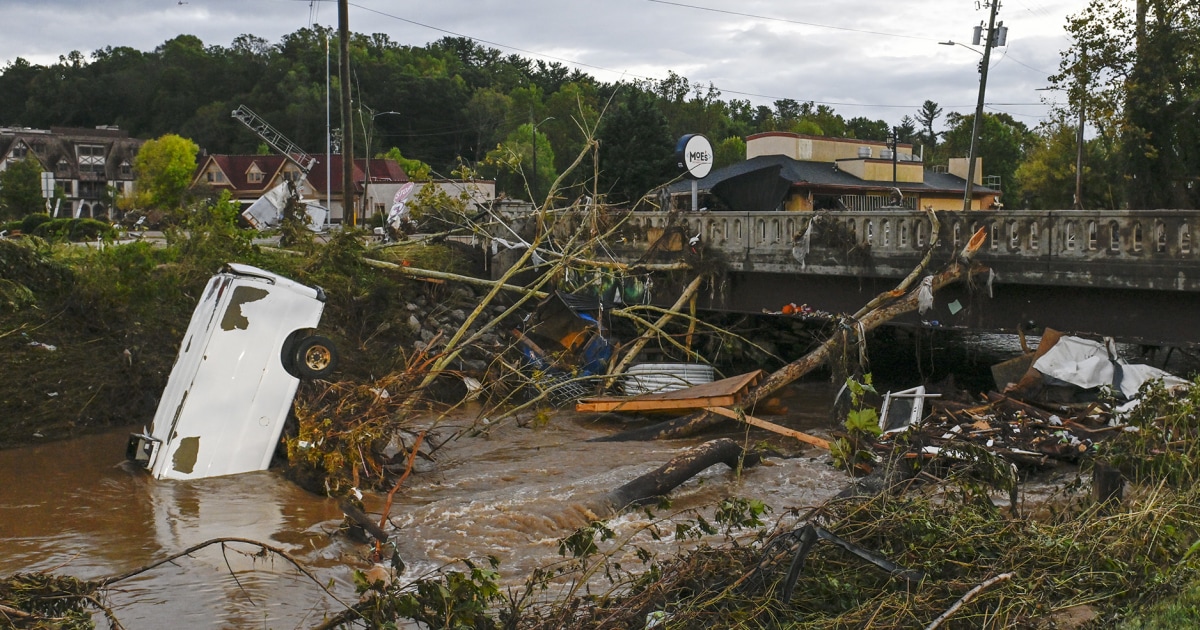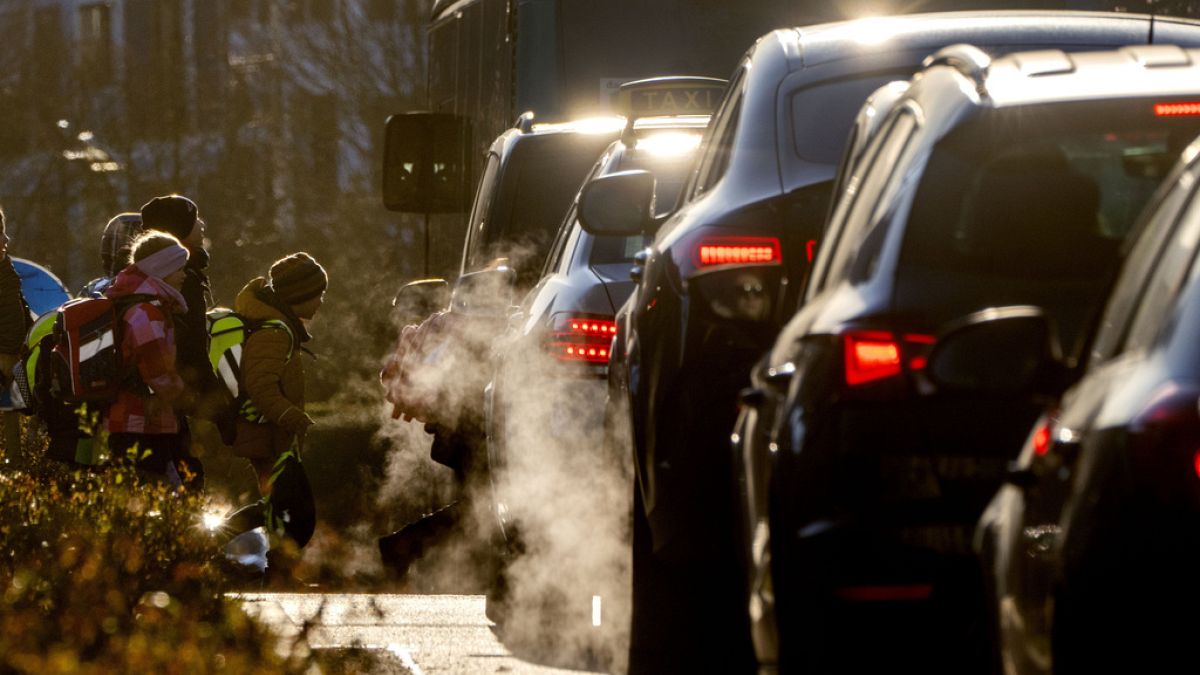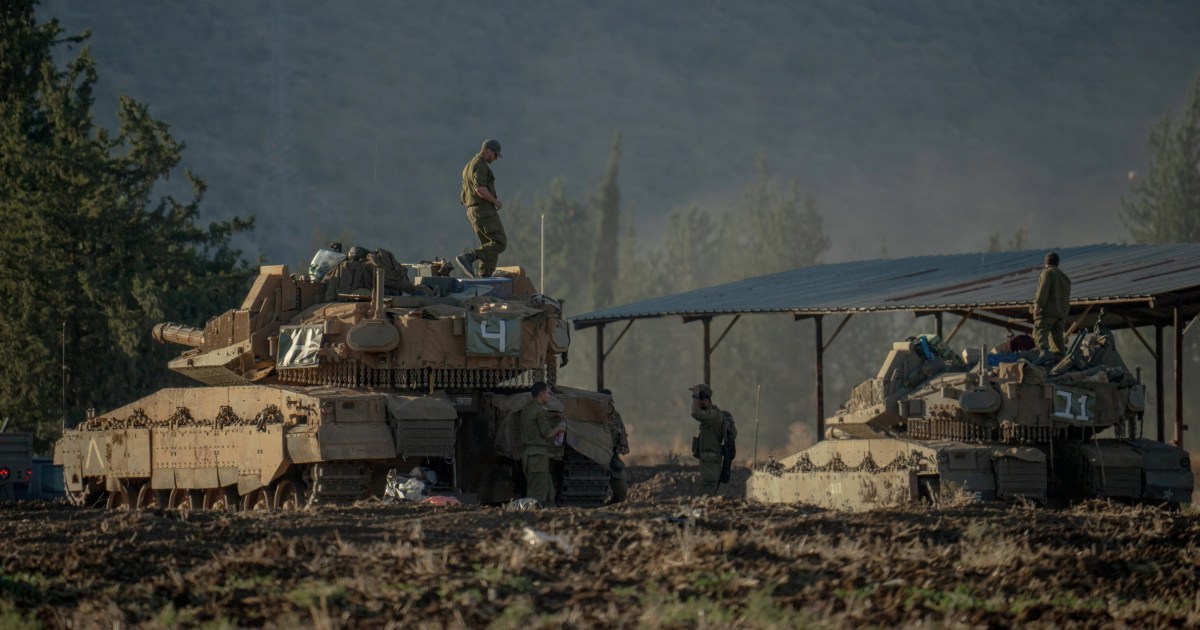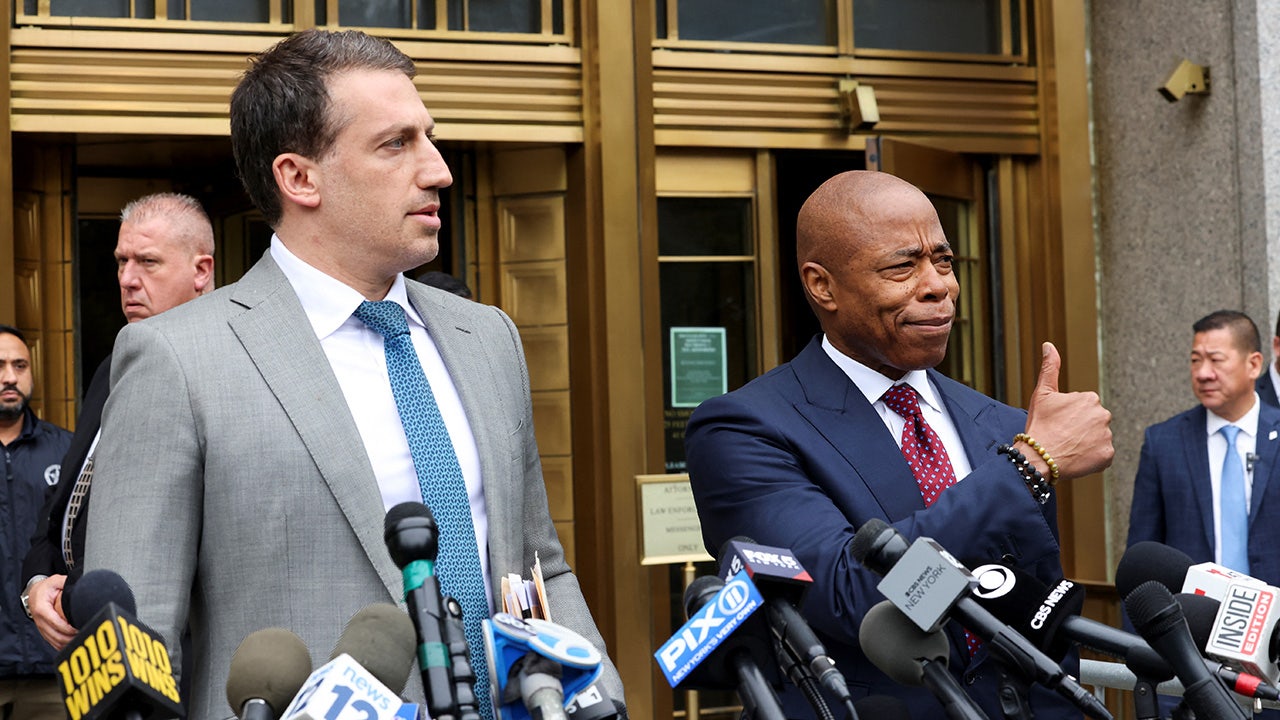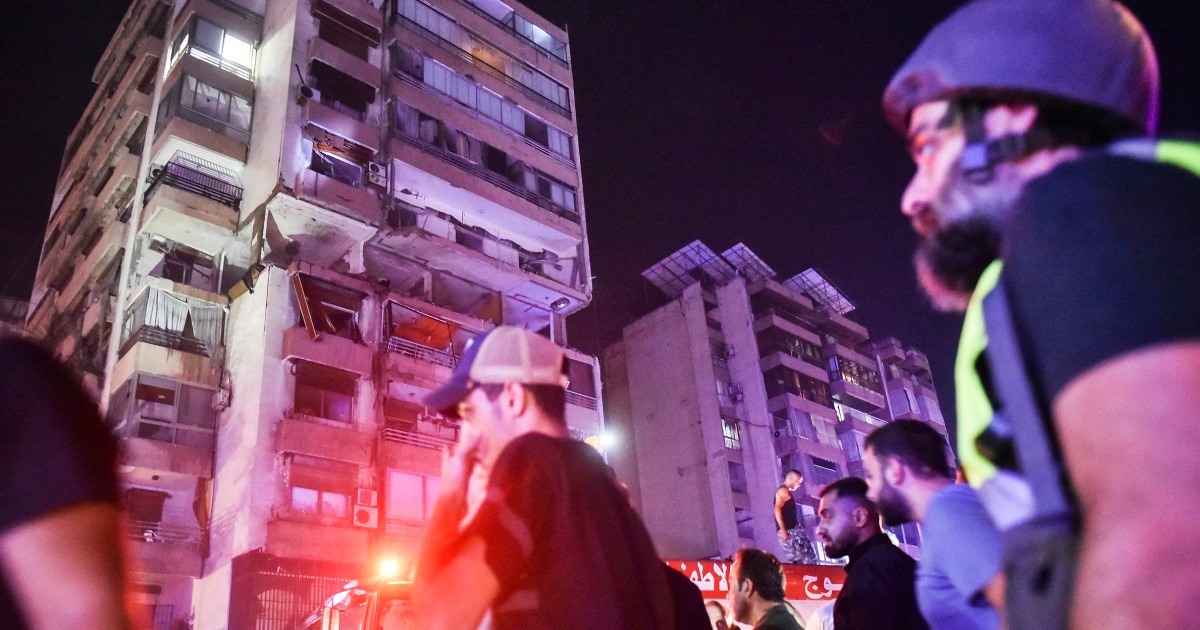Israel’s military forces crossed the border into southern Lebanon on Monday to conduct what its military described as “limited, localized, and targeted ground raids” against the Iran-backed militant group Hezbollah. The offensive, which is aimed at pushing Hezbollah forces farther away from the Israeli border, is expected to last for days, not weeks, U.S. officials said.
Israel informed the U.S. that the intention of the incursion into southern Lebanon is to push Hezbollah forces farther from the Israeli border and target their infrastructure, including stockpiles and weapons, according to a U.S. official, a Biden administration official and a source familiar with the planning.
The offensive will be limited in duration and scope, possibly lasting for days, not weeks, the sources said, adding that the geographic reach will be limited.
Follow here for live coverage
“A few hours ago, the IDF began limited, localized, and targeted ground raids based on precise intelligence against Hezbollah terrorist targets and infrastructure in southern Lebanon,” Israeli officials said in a statement. “These targets are located in villages close to the border and pose an immediate threat to Israeli communities in northern Israel.”
Some critics expressed skepticism that Israel’s operation was “targeted,” recalling similar representations of Israel’s ground assault into Rafah in May.
President Joe Biden had threatened to withhold arms from Israel if there was a major ground offensive in Rafah, but he later said it did not cross the “red line” because it was limited to a strategic area to fight Hamas.
In July, NBC News was able to visit the city and documented a devastated ghost town. Buildings were leveled, and there was almost no one to be found, whereas just weeks before it was home to more than 1 million Palestinians.
Hezbollah, a Lebanese militia and political party backed by Iran, began firing at Israel on Oct. 8 in support of Hamas, which is also an Iranian proxy and has been at war with Israel since its Oct. 7 terrorist attack. The group has been exchanging fire with Israel ever since, displacing tens of thousands of people on both sides of the Lebanese-Israel border.
Israeli Prime Minister Benjamin Netanyahu indicated this month that the country was entering a new phase of war, one focused on ensuring the return of displaced residents back to the north.
Tensions escalated the next day when pager devices used by Hezbollah members exploded without warning across Lebanon, blowing up in homes, grocery stores and elsewhere.
Israel did not take responsibility for the attack. Two U.S. officials told NBC News at the time that it was behind the blasts.
A similar attack occurred the next day with walkie-talkies. Lebanese health officials reported that the two waves of explosions killed 37 people and injured roughly 3,000 others.
The explosions set off days of heavy fire between Hezbollah and Israel, with Hezbollah’s leader, Hassan Nasrallah, describing Israel’s attack as an act of war.
Violence surged again last week when Israel unleashed heavy bombings across southern Lebanon, forcing tens of thousands of Lebanese residents to flee their homes. Lebanon’s Public Health Ministry reported that nearly 500 people were killed that day.
Biden urged de-escalation as international diplomats hope to avoid a full-blown regional war in the Middle East. His administration had been communicating with Israel and indirectly with Hezbollah throughout the week.
The U.S., the European Union and almost a dozen other countries supported a 21-day cease-fire in a joint statement Wednesday, calling the situation “intolerable” and saying it “presents an unacceptable risk of a broader regional escalation.”
“This is in nobody’s interest, neither of the people of Israel nor of the people of Lebanon,” it said, adding, “It is time to conclude a diplomatic settlement that enables civilians on both sides of the border to return to their homes in safety.”
On Friday, Israel struck several buildings in Beirut’s southern suburbs. The military said it was targeting Hezbollah’s senior leadership. Nasrallah was killed along with several other members of the organization’s leadership.
A difficult history
Before last year, Israel and Lebanon had nearly 20 years of calm between the two countries after decades of conflict.
In Operation Litani, Israel’s military stormed into Lebanon in pursuit of Palestine Liberation Organization militants who killed 35 people and injured 71 others by attacking a civilian bus near Tel Aviv. Israeli soldiers spent roughly a week in southern Lebanon pushing the PLO north of Lebanon’s Litani River.
Israel invaded southern Lebanon in 1982, once again chasing PLO fighters who had made the country a base. That war gave rise to Hezbollah.
Hezbollah has been a U.S.-designated terrorist since 1997, according to the State Department. It is funded by Iran and pledges allegiance to Iran’s supreme leader, Ayatollah Ali Khamenei.
The Shia militia formed with the goal of resisting Israeli forces in the early 1980s, and Israel did withdraw from southern Lebanon in 2000, with a popular Hezbollah in its wake.
A monthlong war was fought between the two parties in August 2006, with both air and ground assaults being used. The 34-days of violence killed nearly 1,200 people in Lebanon and 43 in Israel.
For 17 years after that, Israel and Hezbollah have kept hostilities at a minimum across the blue line — the border drawn after Israel’s 2000 withdrawal — in accordance with United Nations Security Council Resolution 1701.
Read the full article here



